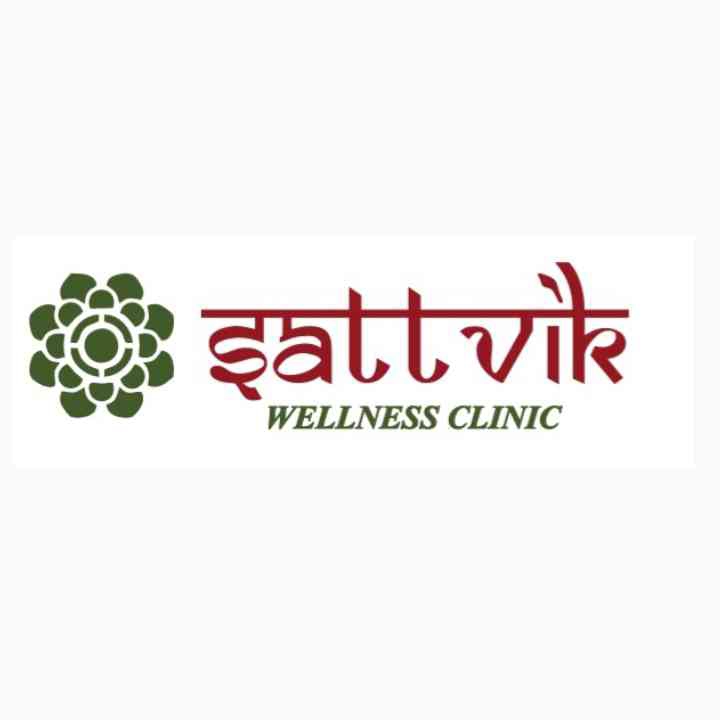+918048040119

This is your website preview.
Currently it only shows your basic business info. Start adding relevant business details such as description, images and products or services to gain your customers attention by using Boost 360 android app / iOS App / web portal.
Description
In Ayurveda, joint pain (also known as "Sandhigata Vata" when it involves inflammation or discomfort in the joints) is primarily treated by balancing the Vata dosha, which governs movement and flexibility in the body. When Vata is aggravated, it can cause dryness, pain, and stiffness in the joints. Ayurvedic treatments aim to restore balance through a combination of herbs, oils, lifestyle changes, and dietary recommendations. Here are some common Ayurvedic treatments for joint pain: 1. Herbal Remedies Ginger (Zingiber officinale): Known for its anti-inflammatory properties, ginger can help reduce joint pain and stiffness. It can be consumed as a tea or in capsule form. Turmeric (Curcuma longa): Curcumin, the active compound in turmeric, has powerful anti-inflammatory effects. It can be taken as a supplement, in milk (Golden Milk), or as a part of your diet. Ashwagandha (Withania somnifera): This herb is known to reduce inflammation, improve flexibility, and strengthen the muscles and joints. Shallaki (Boswellia serrata): A powerful anti-inflammatory herb, Shallaki can be used to reduce joint pain and swelling, particularly in cases of arthritis. Triphala: A combination of three fruits (Amla, Haritaki, and Bibhitaki), Triphala is considered a general detoxifying remedy and can help balance the doshas and improve joint health. 2. Ayurvedic Oils for Massage Mahanarayan Oil: This oil is used for massaging affected joints to relieve pain and stiffness. It contains ingredients like Ashwagandha, Bala, and other herbs known to nourish the joints and muscles. Rumatone Oil: Specifically formulated to treat joint pain, it helps in reducing swelling and increasing circulation. Sesame Oil: Sesame oil is commonly used for its warming properties, making it effective in alleviating joint pain associated with Vata imbalance. It is often used for oil massage (Abhyanga). 3. Panchakarma (Detoxification Therapy) Panchakarma is a comprehensive detoxification process that helps in balancing the doshas and removing toxins (Ama) from the body. For joint pain, treatments like Basti (medicated enema) or Abhyanga (oil massage) can be beneficial in reducing inflammation, improving circulation, and easing stiffness in the joints. 4. Dietary Guidelines Warm, Oily, and Moist Foods: A Vata-pacifying diet is recommended for those suffering from joint pain. Include warm, moist, and oily foods that help lubricate the joints. Foods like soups, stews, ghee (clarified butter), and warm grains are beneficial. Avoid Cold and Dry Foods: Cold, dry, and raw foods can aggravate Vata and worsen joint pain. Try to limit consumption of salads, cold drinks, and processed foods. Anti-inflammatory Foods: Include foods with anti-inflammatory properties, such as garlic, onions, leafy greens, and turmeric. 5. Lifestyle Practices Yoga: Specific yoga poses, such as Supta Baddha Konasana (Reclined Bound Angle Pose) and Paschimottanasana (Seated Forward Bend), can help improve flexibility and relieve joint stiffness. Pranayama (Breathing exercises): Deep breathing exercises, especially Anulom Vilom (Nadi Shodhana) and Kapalbhati, can help reduce stress and improve circulation, which may assist in managing pain. Regular Exercise: Light exercises, such as walking or swimming, can help keep the joints flexible and improve overall joint health. 6. Ayurvedic Treatments for Specific Conditions Osteoarthritis: Treatment may include the use of Guggul (Commiphora wightii) for reducing inflammation and improving circulation. Rheumatoid Arthritis: A combination of herbs like Giloy (Tinospora cordifolia), Turmeric, and Boswellia may be used to reduce inflammation and support joint function. 7. Hot Compresses and Bath Epsom Salt Baths: Soaking in warm water with Epsom salt or herbal baths can soothe aching joints and reduce pain. Hot Compress: Applying a warm compress or hot water bottle to the affected joints can increase circulation and provide temporary relief from pain and stiffness. 8. Detoxifying Herbs Guggul (Commiphora wightii): Often used for inflammatory conditions, Guggul is known to promote joint health by improving circulation and reducing swelling. Amla (Indian Gooseberry): Amla is a rich source of Vitamin C and antioxidants, which can support joint health and reduce pain by neutralizing free radicals in the body. Before starting any Ayurvedic treatment for joint pain, it’s important to consult an Ayurvedic practitioner who can assess your unique constitution (Prakriti) and imbalance (Vikriti) to recommend the most effective remedies.

